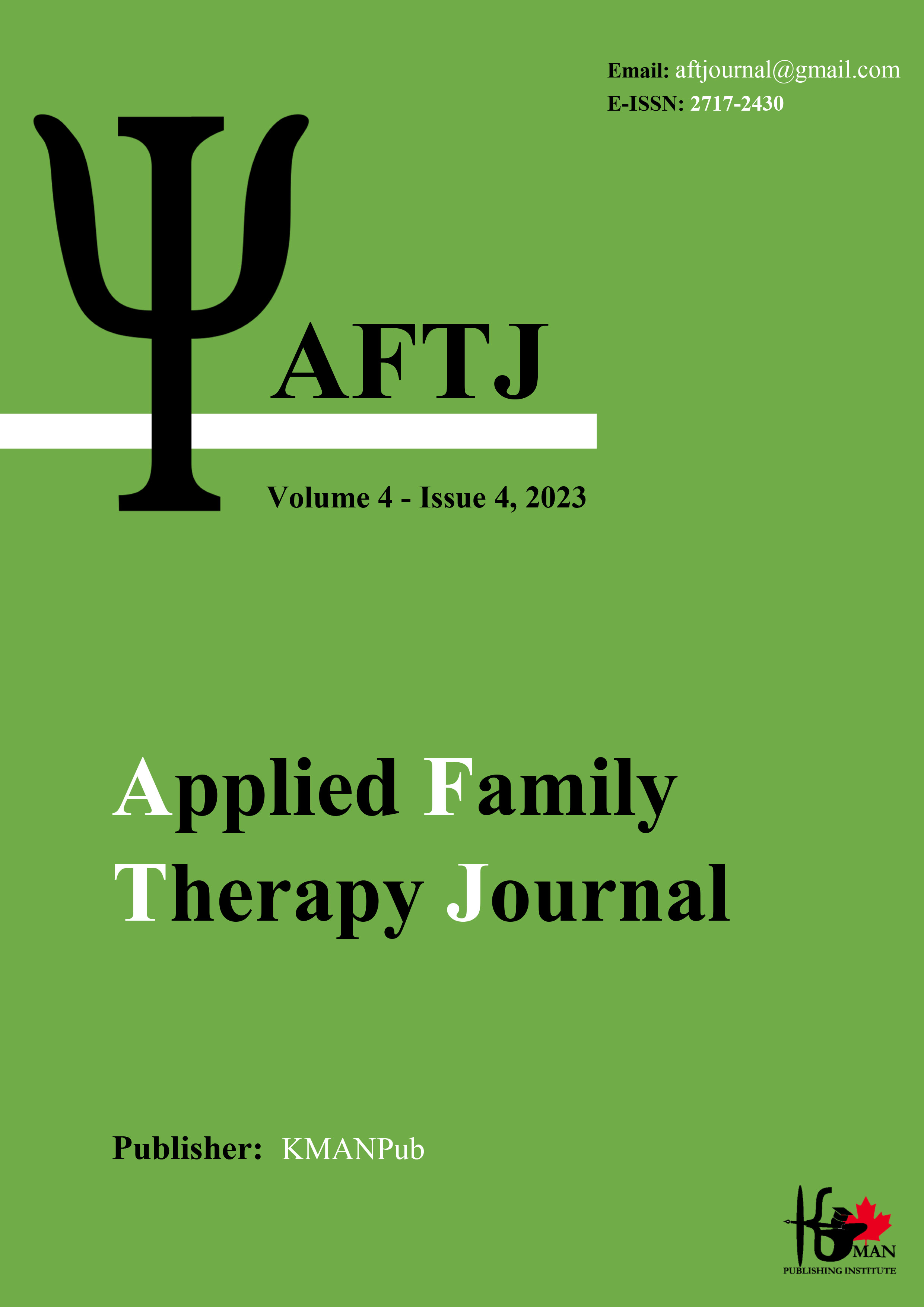The Relationship between Family Problem Solving Skills and Life Orientation with the Quality of Life and Happiness of the Head of the Family
Keywords:
family problem solving, life orientation, quality of life, happiness.Abstract
Aim: The purpose of the present study was the relationship between family problem solving skills and life orientation with the quality of life and happiness of the head of the family under the welfare of East Tehran. Methods: The statistical population of this research includes all heads of families covered by welfare in East Tehran, whose number was 3500. The sample size was estimated to be 346 people based on the size of the statistical population and using the Krejcie and Morgan table, taking into account the dropout of subjects. Also, the statistical sample size was selected by simple random sampling method. Data collection tools include Ahmadi et al.'s Family Problem Solving Questionnaire (2003), Shier and Carver's Life Orientation (1985), World Health Organization's Quality of Life (1995) and Happiness Oxford (1990). The analysis of the collected data was done in two descriptive and inferential methods through SPSS21 software, in which inferential statistics were Pearson's correlation test and multivariate regression method, and in descriptive statistics, mean and the standard deviation was used. Results: The results showed that family problem solving skills and life orientation are able to predict the quality of life and happiness in the head of a family covered by the welfare of East Tehran. Conclusion: It can be concluded that family problem solving skills, a greater contribution in It predicts the quality of life and happiness in the head of the family.
Downloads
Downloads
Published
Issue
Section
License

This work is licensed under a Creative Commons Attribution-NonCommercial 4.0 International License.





















